Public Health & Social Work

Eunhye Ahn
Assistant Professor, Brown School
PhD, University of Southern California
- Email: ahne@wustl.edu
Eunhye Ahn’s research focuses on leveraging data to improve the outcomes of children and families and advance broader social goals of equity and justice. She is particularly interested in informing child welfare policy and practice by utilizing data science and promoting equitable child welfare outcomes through rigorous examination of racial and socioeconomic disparities.
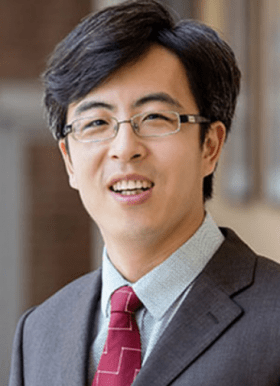
Ruopeng An
Assistant Professor, Brown School
PhD, Pardee RAND Graduate School
- Email: ruopeng@wustl.edu
Ruopeng An conducts research to assess environmental influences and population-level interventions on weight-related behaviors and outcomes throughout the life course. In particular, his work assesses socioeconomic determinants and policies that impact individuals' dietary behavior, physical activity, sedentary lifestyle, and adiposity in children, adults of all ages, and people living with a disability.
The goal of An's research has been to develop a well-rounded knowledge base and policy recommendations that can inform decision making and the allocation of resources to combat obesity.
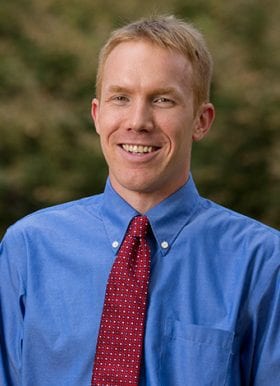
Derek Brown
Associate Professor, Brown School
PhD, Duke University
- Email: dereksbrown@wustl.edu
Derek Brown’s research focuses on costs, access to care, quality, and disparities among Medicaid populations—including physician payment, housing instability, and child maltreatment. He also uses discrete choice experiments to analyze preferences for health care and outcomes, such as screening and vaccination.

Sheretta Butler-Barnes
Associate Professor, Brown School
PhD, Wayne State University
- Email: sbarnes22@wustl.edu
Butler-Barnes received her PhD and MA from Wayne State University in psychology and a BS in psychology from Michigan State University. The two lines of her research agenda include 1) Strengths-Based Assets of Black Adolescents Project which explores how Black youth draw on personal and cultural assets and resources to thrive despite challenges to their identities from institutional and personal experiences of racism; and, 2) Celebrating Strengths of Black Girls Project focuses on advancing equitable learning environments for Black women and girls.

Brett Drake
Professor, Brown School
PhD, University of California, Los Angeles
- Email: brettd@wustl.edu
Brett Drake researches matters of child welfare with a focus on early intervention cases of child neglect as well as the connections between socio-environmental conditions and child neglect. His current research analyzes census and child protective data to assess the efficacy of protective and preventative services.
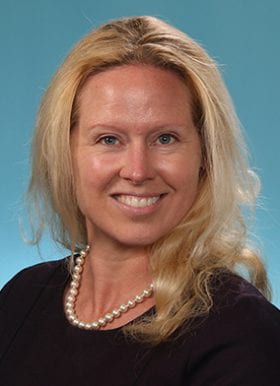
Randi Foraker
Associate Professor of Public Health, Brown School
PhD, The University of North Carolina at Chapel Hill
- Email: randi.foraker@wustl.edu
Dr. Foraker is the Director of the Center for Population Health Informatics at the Institute for Informatics (I2) and an Associate Professor of General Medical Sciences at Washington University School of Medicine in St. Louis. She specializes in the design of population-based studies and the integration of electronic health record data with socioeconomic indicators, and is well recognized in the field of cardiovascular disease epidemiology. Her recent research has focused on the application of clinical decision support to complement risk scoring in primary care, cardiology, and oncology.
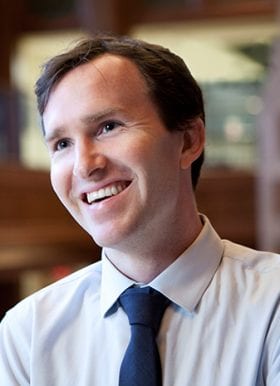
Patrick Fowler
Track Chair, Social Work & Public Health
Associate Professor, Brown School
PhD, Wayne State University
- Email: pjfowler@wustl.edu
Patrick Fowler’s research aims to inform developmentally sensitive public and programmatic policy that supports socioeconomically marginalized families. This work applies rigorous methodology to understand the mechanisms through which housing stabilization promotes healthy child development.
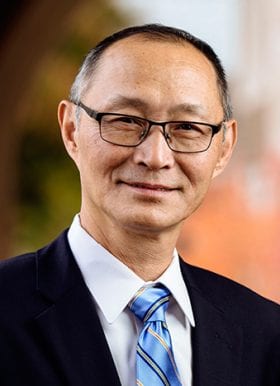
Shenyang Guo
Professor, Brown School
PhD, University of Michigan - Ann Arbor
- Email: s.guo@wustl.edu
Shenyang Guo is the author of numerous research articles in child welfare, child mental health services, welfare, and health care. He has expertise in applying advanced statistical models to solving social welfare problems and has taught graduate courses that address event history analysis, hierarchical linear modeling, growth curve modeling, propensity score analysis, and program evaluation.
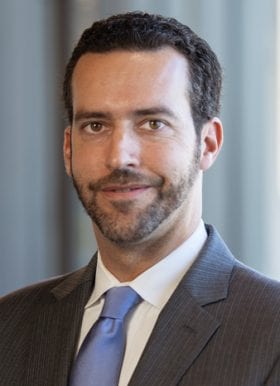
Ross Hammond
Professor, Brown School
PhD, University of Michigan
- Email: rhammond@wustl.edu
Hammond’s research applies complex systems tools to generate new insights into the social dynamics that drive many difficult policy problems, as well as to identify potential leverage points or windows for intervention.

Jenine Harris
Associate Professor, Brown School
PhD, Saint Louis University
- Email: harrisj@wustl.edu
Jenine Harris focuses on closing the gap between discovery and delivery in her methodological and substantive areas of research, and in her teaching and service. Her methodological area of expertise is social network analysis, with a particular interest in statistical modeling of social networks, which she has used to identify gaps in path between discovery and delivery in scientific research and public health practice.

Kim Johnson
Associate Professor, Brown School
PhD, University of Minnesota
- Email: kijohnson@wustl.edu
Dr. Johnson’s research is primarily focused on disparities in access to care among pediatric and young adults diagnosed with cancer. She has published extensively using large administrative data including surveillance data from the Surveillance, Epidemiology and End Results program. She has also recently become engaged in activities that aims to improve the reproducibility of scientific results. In addition to her research activities, she leads the Brown School epidemiology and biostatistics specialization and teaches two epidemiology courses in the Brown School Masters of Public Health (MPH) program: Foundations in Public Health: Epidemiology and Advanced Data Analysis.
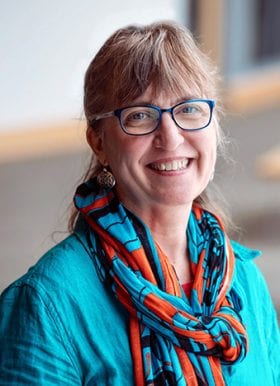
Melissa Jonson-Reid
Professor, Brown School
PhD, University of California, Berkeley
- Email: jonsonrd@wustl.edu
Dr. Jonson-Reid’s primary interest is understanding how responses to childhood abuse and neglect can be improved to support positive behavioral, educational and health outcomes. To look for targets of opportunity for services and policy change, much of her research involves the construction and analysis of integrated multi-agency, longitudinal administrative data. Her work has also included linking administrative data sources with census, policy and primary data collection elements.
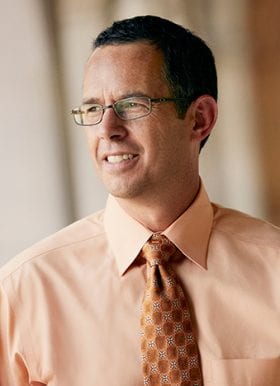
Matt Kreuter
Professor, Social Work & Public Health
PhD, University of North Carolina, Chapel Hill
- Email: mkreuter@wustl.edu
Kreuter is a leading national public health expert in the field of health communications. He joined the Brown School in 2008 and advances the school's Master of Public Health degree as associate dean for public health.
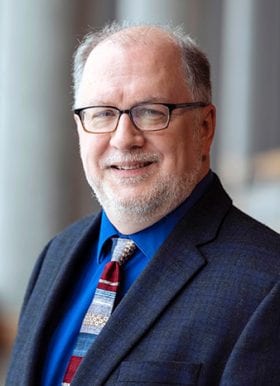
Doug Luke
Professor, Brown School
PhD, University of Illinois
- Email: dluke@wustl.edu
Douglas Luke is a leading researcher in the areas of public health policy, systems science and tobacco control. Luke directs work focused primarily on the evaluation, dissemination and implementation of evidence-based public health policies.
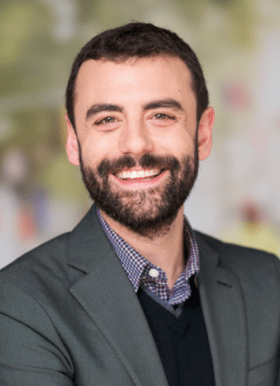
Phillip Marotta
Assistant Professor, Brown School
PhD, Columbia University
- Email: phillip.marotta@wustl.edu
Phillip Marotta’s research focuses on the impact of the criminal justice system on disparities in public health, with an emphasis on substance use treatment interventions in justice-involved populations and the HIV care continuum for justice-involved persons with substance use disorders. Marotta examines medication-assisted treatments for opioid use disorder (OUD) in jails and prisons. A current project evaluates the effects of methadone maintenance during custody on recidivism and overdose among recently discharged individuals.

Timothy McBride
Professor, Brown School
PhD, University of Wisconsin - Madison
- Email: tmcbride@wustl.edu
Timothy McBride studies major economic policy questions in health insurance, health reform, rural health care, Medicare and Medicaid policy, health economics, and access to health care.
McBride's research and analysis centers on the effects of health reform at the state and national levels, the uninsured, diabetes policy, Medicare Advantage, and long-term entitlement reform.

Fred Ssewamala
Associate Dean for Transdisciplinary Faculty Research, Brown School
PhD, Washington University in St. Louis
- Email: fms1@wustl.edu
Fred Ssewamala leads innovative, interdisciplinary research that informs, develops and tests economic empowerment and social protection interventions aimed at improving life chances and long-term developmental impacts for children and adolescent youth impacted by poverty and health disparities in low resource communities.
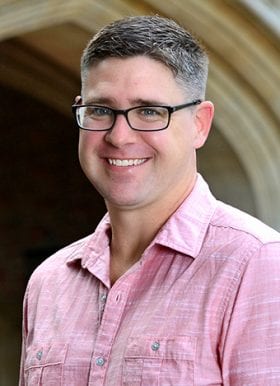
Joe Steensma
Professor of Practice, Brown School
EdD, Indiana Wesleyan University
- Email: jsteensma@wustl.edu
Dr. Steensma is a Certified Industrial Hygienist who has spent his career studying environmental exposures. He employs various monitoring and modeling techniques to estimate personal exposures to environmental agents. A practitioner and scholar, Dr. Steensma has worked with hundreds of companies, governmental entities, and NGOs to reduce the risks associated with exposures in the workplace and ambient environment. His work is truly transdisciplinary and he has worked with colleagues (in the academic setting and in industry) around the world to identify environmental health risks and develop scalable solutions.